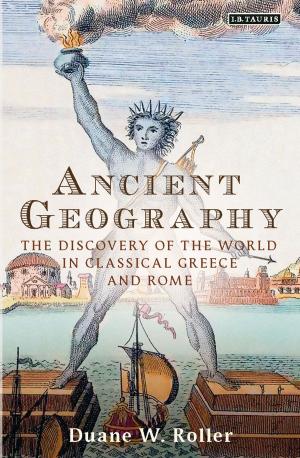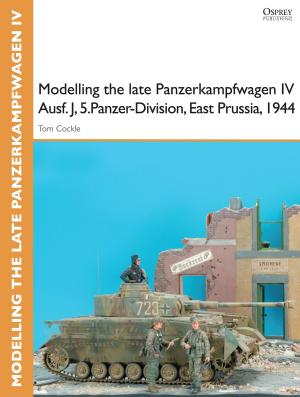David Foster Wallace and "The Long Thing"
New Essays on the Novels
Fiction & Literature, Literary Theory & Criticism, American| Author: | ISBN: | 9781628928006 | |
| Publisher: | Bloomsbury Publishing | Publication: | July 31, 2014 |
| Imprint: | Bloomsbury Academic | Language: | English |
| Author: | |
| ISBN: | 9781628928006 |
| Publisher: | Bloomsbury Publishing |
| Publication: | July 31, 2014 |
| Imprint: | Bloomsbury Academic |
| Language: | English |
Of the twelve books David Foster Wallace published both during his lifetime and posthumously, only three were novels. Nevertheless, Wallace always thought of himself primarily as a novelist. From his college years at Amherst, when he wrote his first novel as part of a creative honors thesis, to his final days, Wallace was buried in a novel project, which he often referred to as "the Long Thing." Meanwhile, the short stories and journalistic assignments he worked on during those years he characterized as "playing hooky from a certain Larger Thing." Wallace was also a specific kind of novelist, devoted to producing a specific kind of novel, namely the omnivorous, culture-consuming "encyclopedic" novel, as described in 1976 by Edward Mendelson in a ground-breaking essay on Thomas Pynchon's Gravity's Rainbow.
David Foster Wallace and "The Long Thing" is a state-of-the art guide through Wallace's three major works, including the generation-defining Infinite Jest. These essays provide fresh new readings of each of Wallace's novels as well as thematic essays that trace out patterns and connections across the three works. Most importantly, the collection includes six chapters on Wallace's unfinished novel, The Pale King, which will prove to be foundational for future scholars of this important text.
Of the twelve books David Foster Wallace published both during his lifetime and posthumously, only three were novels. Nevertheless, Wallace always thought of himself primarily as a novelist. From his college years at Amherst, when he wrote his first novel as part of a creative honors thesis, to his final days, Wallace was buried in a novel project, which he often referred to as "the Long Thing." Meanwhile, the short stories and journalistic assignments he worked on during those years he characterized as "playing hooky from a certain Larger Thing." Wallace was also a specific kind of novelist, devoted to producing a specific kind of novel, namely the omnivorous, culture-consuming "encyclopedic" novel, as described in 1976 by Edward Mendelson in a ground-breaking essay on Thomas Pynchon's Gravity's Rainbow.
David Foster Wallace and "The Long Thing" is a state-of-the art guide through Wallace's three major works, including the generation-defining Infinite Jest. These essays provide fresh new readings of each of Wallace's novels as well as thematic essays that trace out patterns and connections across the three works. Most importantly, the collection includes six chapters on Wallace's unfinished novel, The Pale King, which will prove to be foundational for future scholars of this important text.















